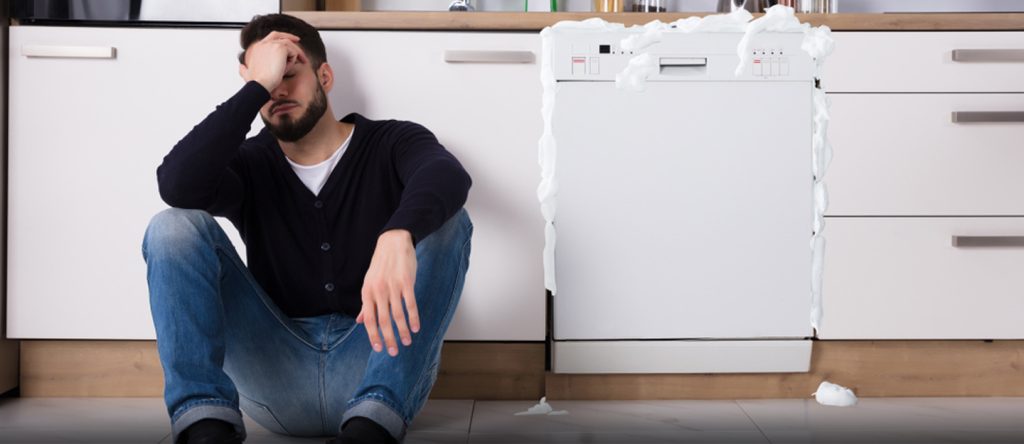Should I Repair or Replace my Home Appliance? Making the Right Decision
Should I Repair or Replace my Home Appliance? Making the Right Decision


Home appliances are essential for the smooth functioning of our daily lives, and when they malfunction, it can disrupt our routines. When faced with a malfunctioning appliance, the dilemma often arises: should you repair it or replace it with a new one? This decision involves considering various factors to determine the most cost-effective and practical solution.
Here are key considerations to help you decide whether to repair or replace your home appliance:
**1. Age of the Appliance:
- Repair: If the appliance is still relatively new and under warranty, repairing it is a viable option. Newer appliances are designed to last longer, and a repair may be a cost-effective solution.
- Replace: For older appliances approaching the end of their expected lifespan, investing in a new, energy-efficient model might be a more sensible long-term choice.
**2. Cost of Repair:
- Repair: If the cost of repairing the appliance is significantly less than its replacement cost and the appliance has several more years of expected functionality, a repair is usually a prudent decision.
- Replace: If the repair cost is close to or exceeds the cost of a new appliance, it might be more economical to invest in a replacement, especially if the existing appliance is outdated.
**3. Energy Efficiency:
- Repair: Upgrading an older appliance to improve energy efficiency may not be cost-effective. However, if the repair enhances efficiency, it can be a reasonable investment.
- Replace: Newer appliances are generally more energy-efficient. If your current appliance is outdated, replacing it with a more energy-efficient model can lead to long-term savings on utility bills.
**4. Frequency of Repairs:
- Repair: If your appliance has a history of minor issues and the current problem is isolated, a repair may be appropriate. However, if breakdowns are becoming frequent, replacement might be a wiser choice.
- Replace: Consider replacement if your appliance has required multiple repairs in the past year or if it is prone to recurrent malfunctions.
**5. Technological Advances:
- Repair: For appliances with minimal technological features, a repair might suffice. However, if your appliance lacks modern conveniences and upgrading is desirable, replacement could be a better option.
- Replace: New appliances often come with advanced features, improved performance, and enhanced functionality. If these aspects are important to you, consider replacing your outdated appliance.
**6. Environmental Impact:
- Repair: Repairing and maintaining appliances contribute to reducing waste. If the issue is fixable and the appliance can continue to operate efficiently, repairing aligns with environmental consciousness.
- Replace: When an appliance is beyond repair or too outdated, recycling it responsibly and investing in a new, energy-efficient model is a more environmentally friendly option.
The decision to repair or replace a home appliance involves evaluating factors such as age, repair cost, energy efficiency, repair frequency, technological advances, and environmental impact. Assessing these considerations will guide you toward making an informed choice that aligns with your budget, preferences, and sustainability goals.
